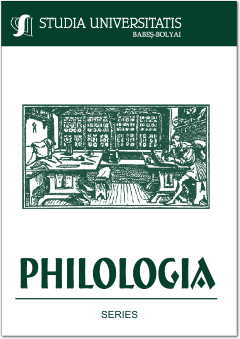TEACHING THE (BRITISH) EARLY MODERNITY AND ENLIGHTENMENT IN THE TWENTY-FIRST CENTURY
TEACHING THE (BRITISH) EARLY MODERNITY AND ENLIGHTENMENT IN THE TWENTY-FIRST CENTURY
Author(s): Mihaela MudureSubject(s): Studies of Literature
Published by: Studia Universitatis Babes-Bolyai
Keywords: education; Enlightenment; virtue; contemporary; postcolonial; post-Communist;
Summary/Abstract: Teaching the (British) Early Modernity and Enlightenment in the Twenty-First Century. This paper explores the possibilities to approach the eighteenth century pedagogically in the political, ideological, and philosophical contexts of the twenty-first century. It is an admitted fact that we cannot dismiss the Enlightenment if we want to understand the contemporary contexts of our lives. We may admire or abhor the rationalism of the Enlightenment, but we cannot avoid a certain positioning with regard to the Enlightenment because philosophically, we are still in the wake of this very important trend. The Enlightenment political theory is still the inspiration of many political arrangements in the contemporary world. The notion of virtue, so dear to the Enlightenment writers and artists, has become extremely topical with the spread of AIDS and examples may continue. To put all in a nutshell, this paper is a pedagogical re-reading of the British early modernity and of the British Enlightenment in a post-Communist and post-colonial context.
Journal: Studia Universitatis Babes-Bolyai - Philologia
- Issue Year: 64/2019
- Issue No: 4
- Page Range: 301-310
- Page Count: 10
- Language: English

